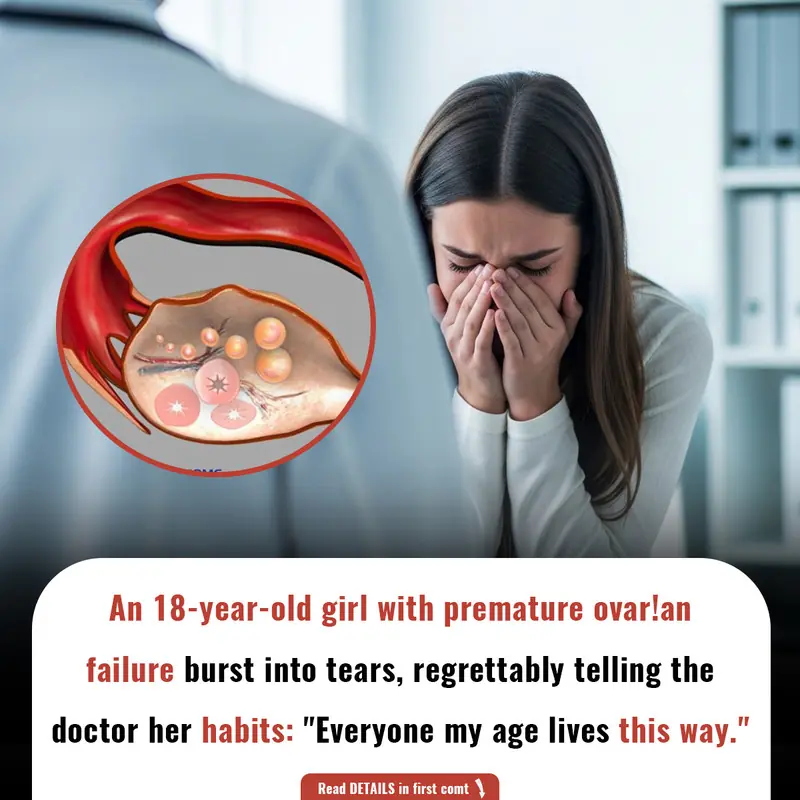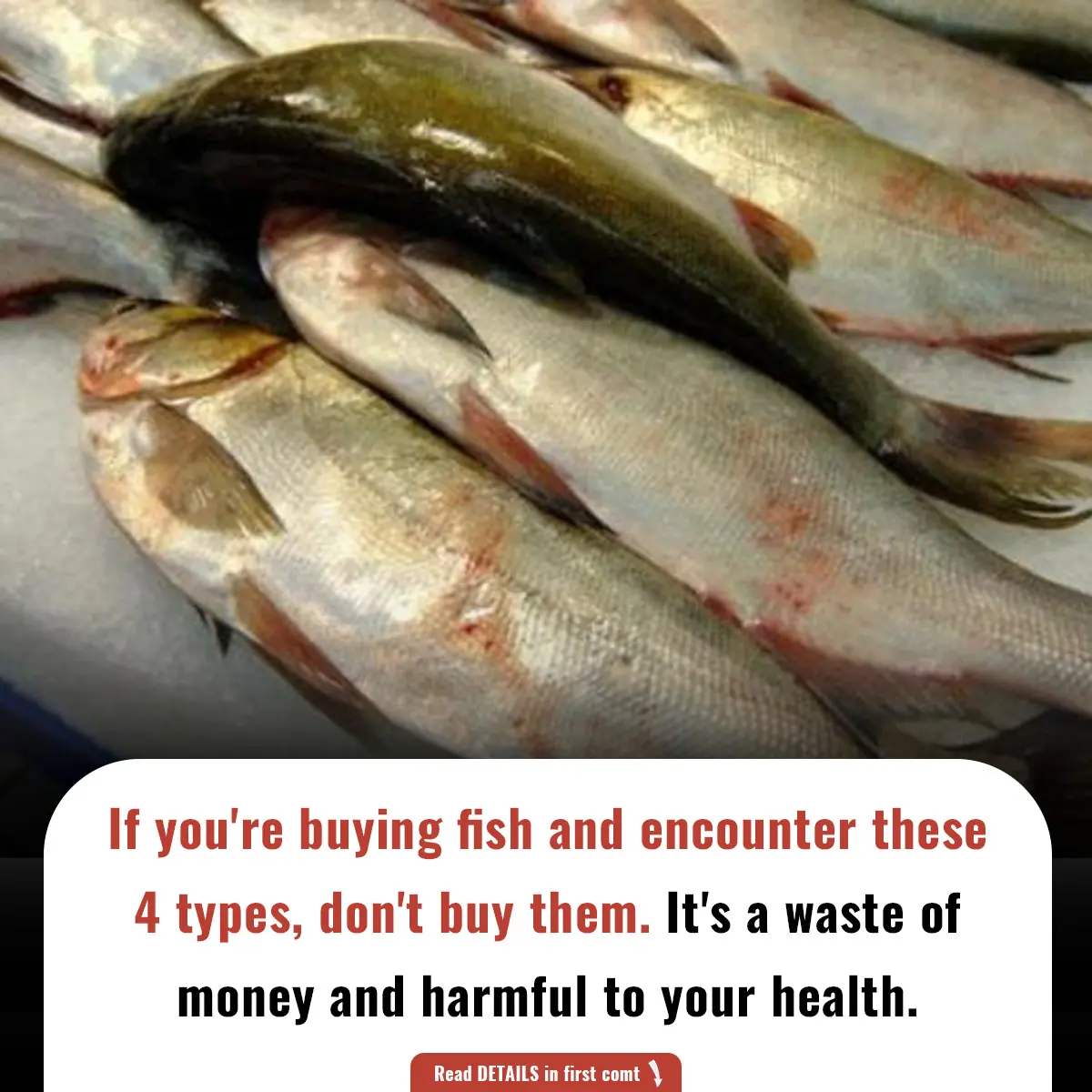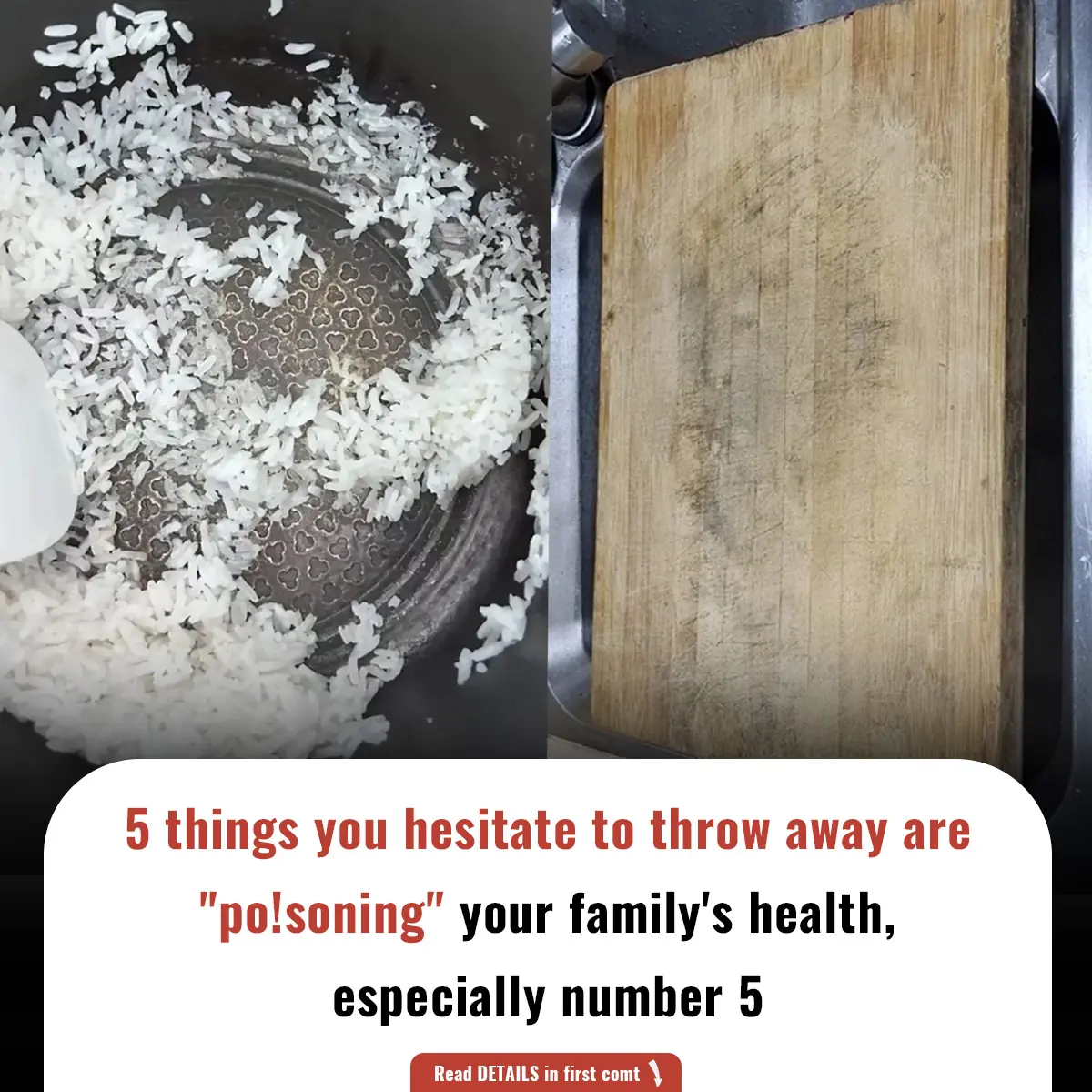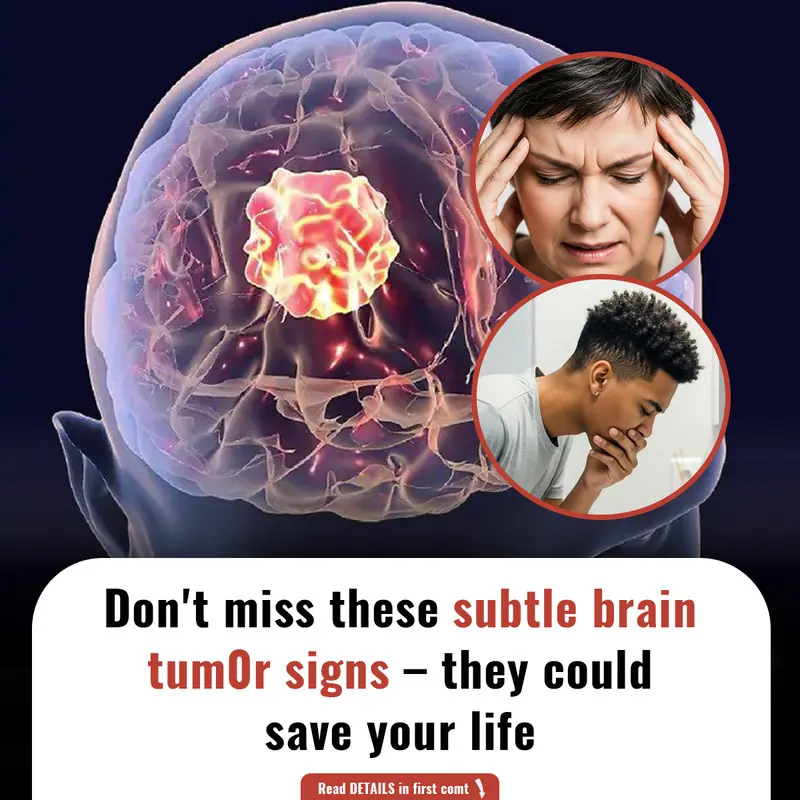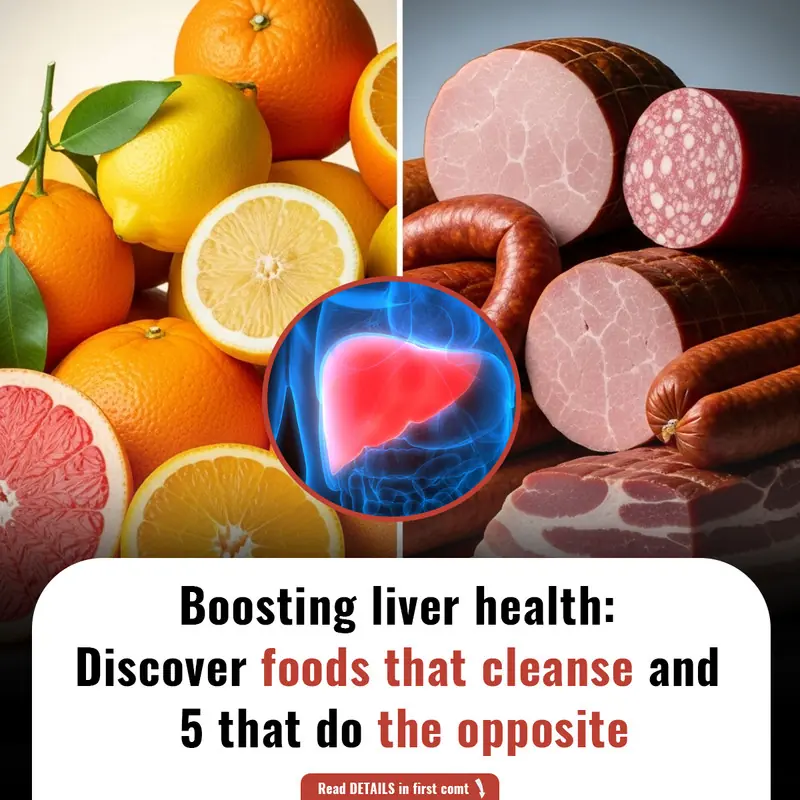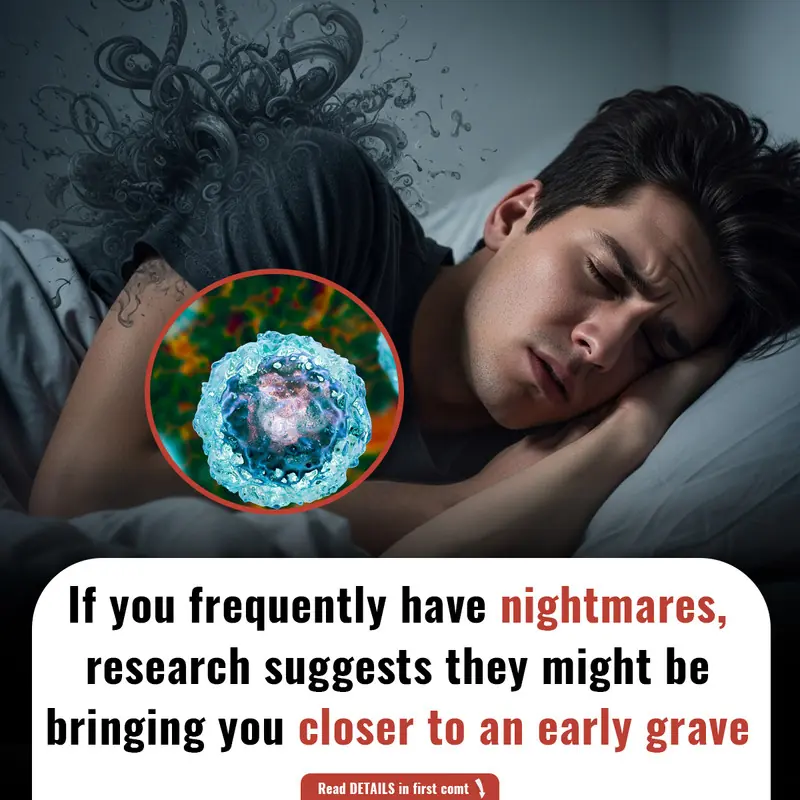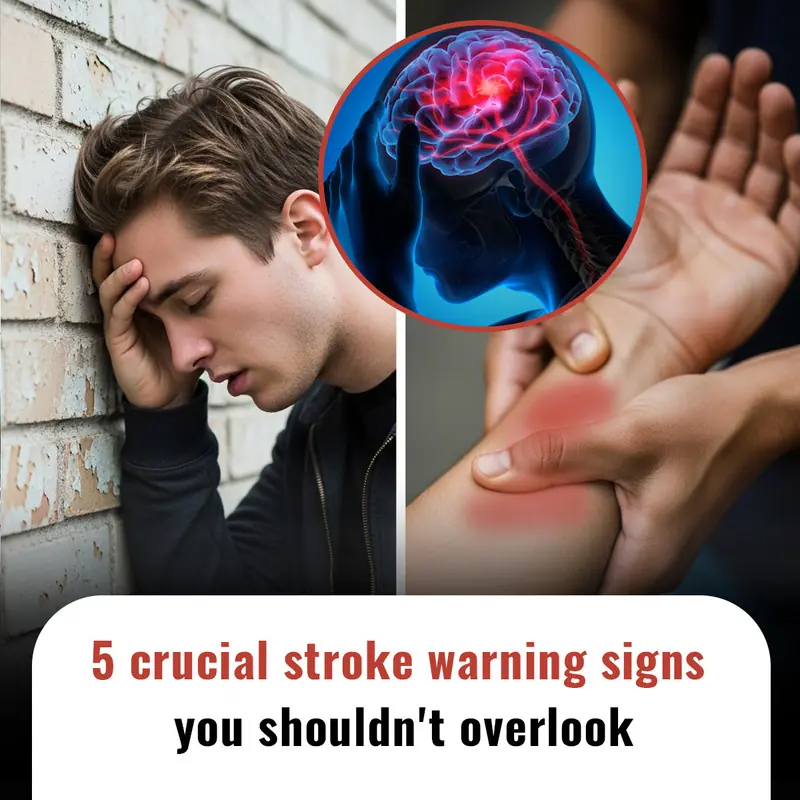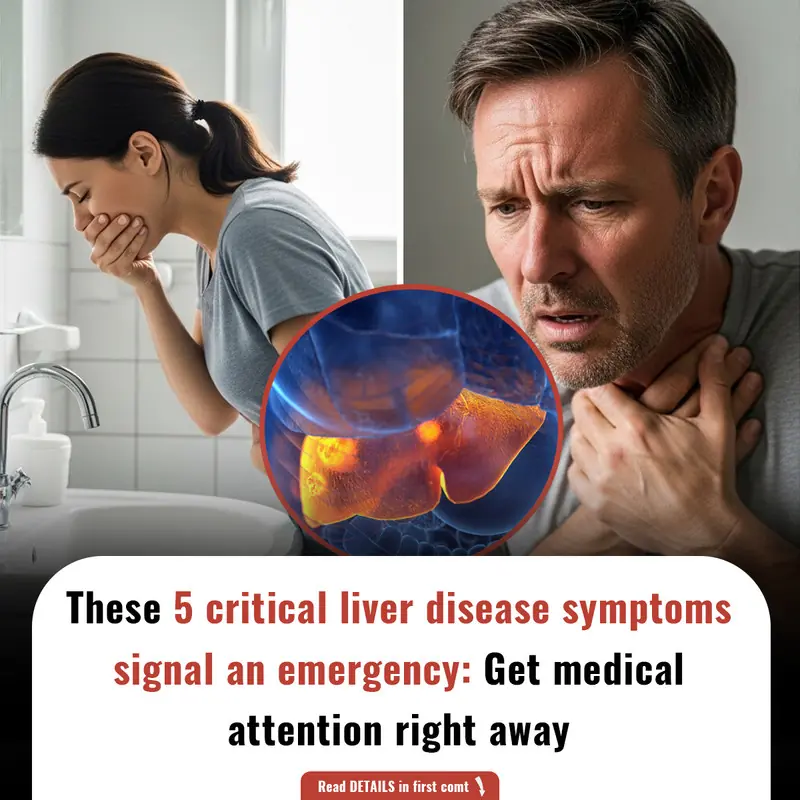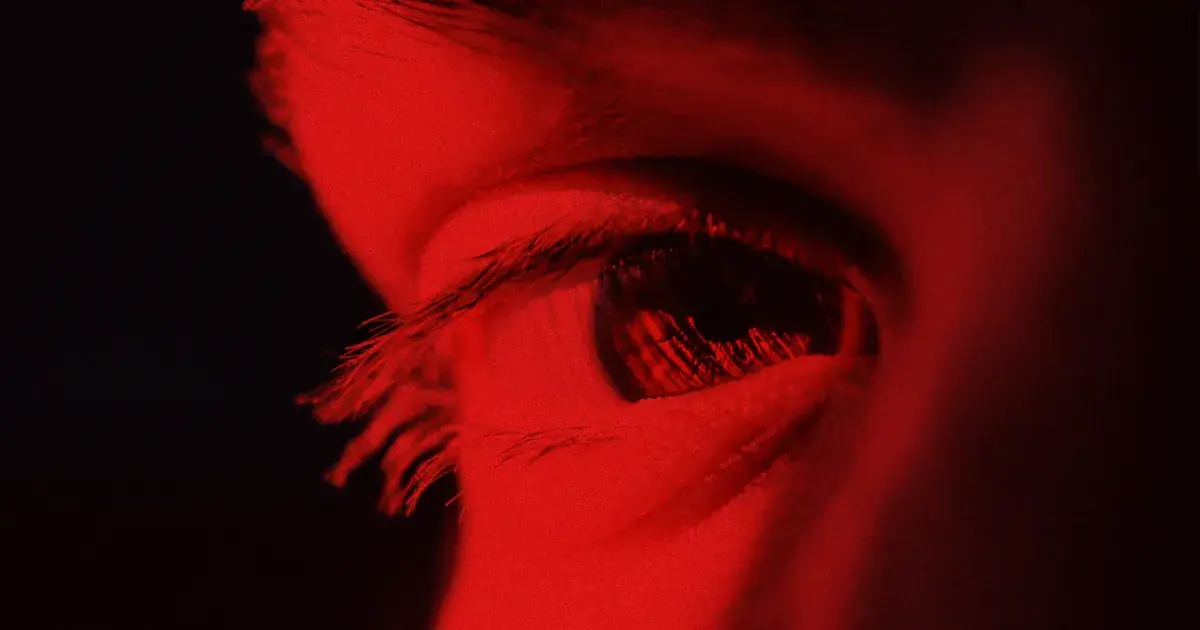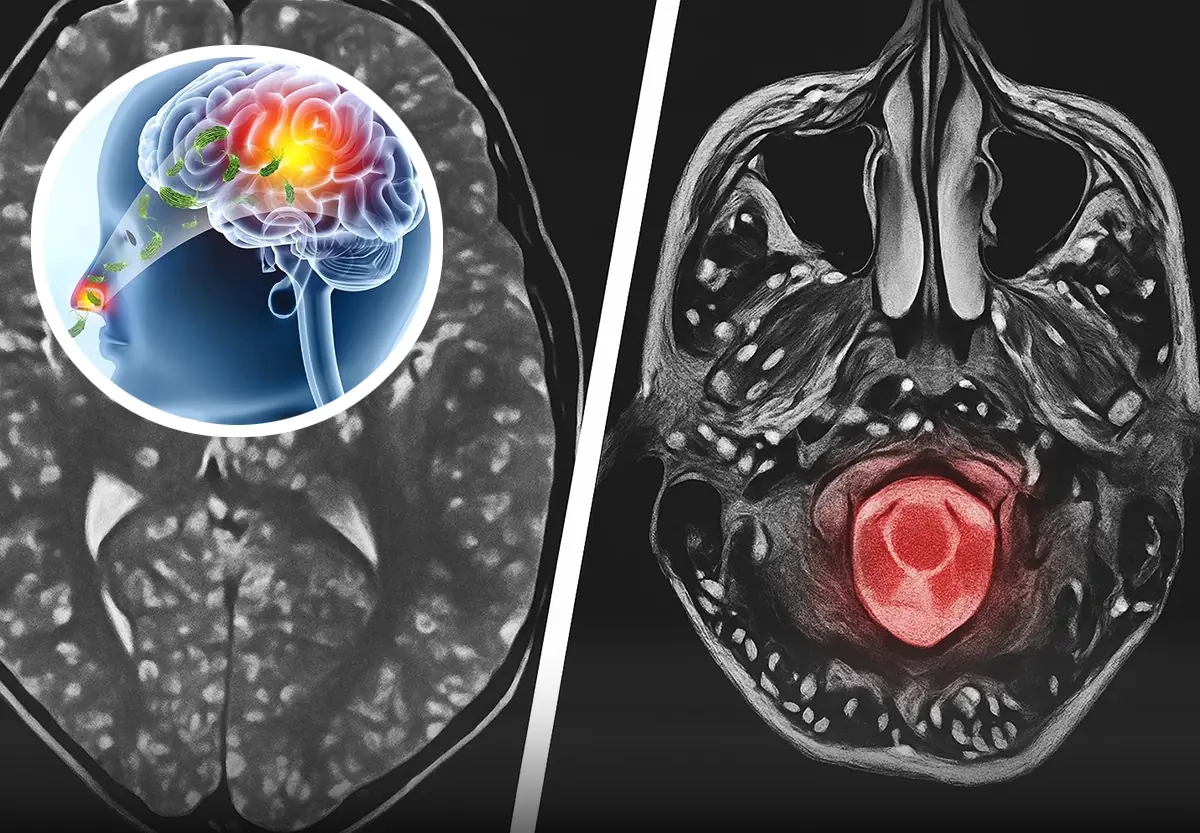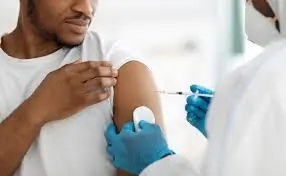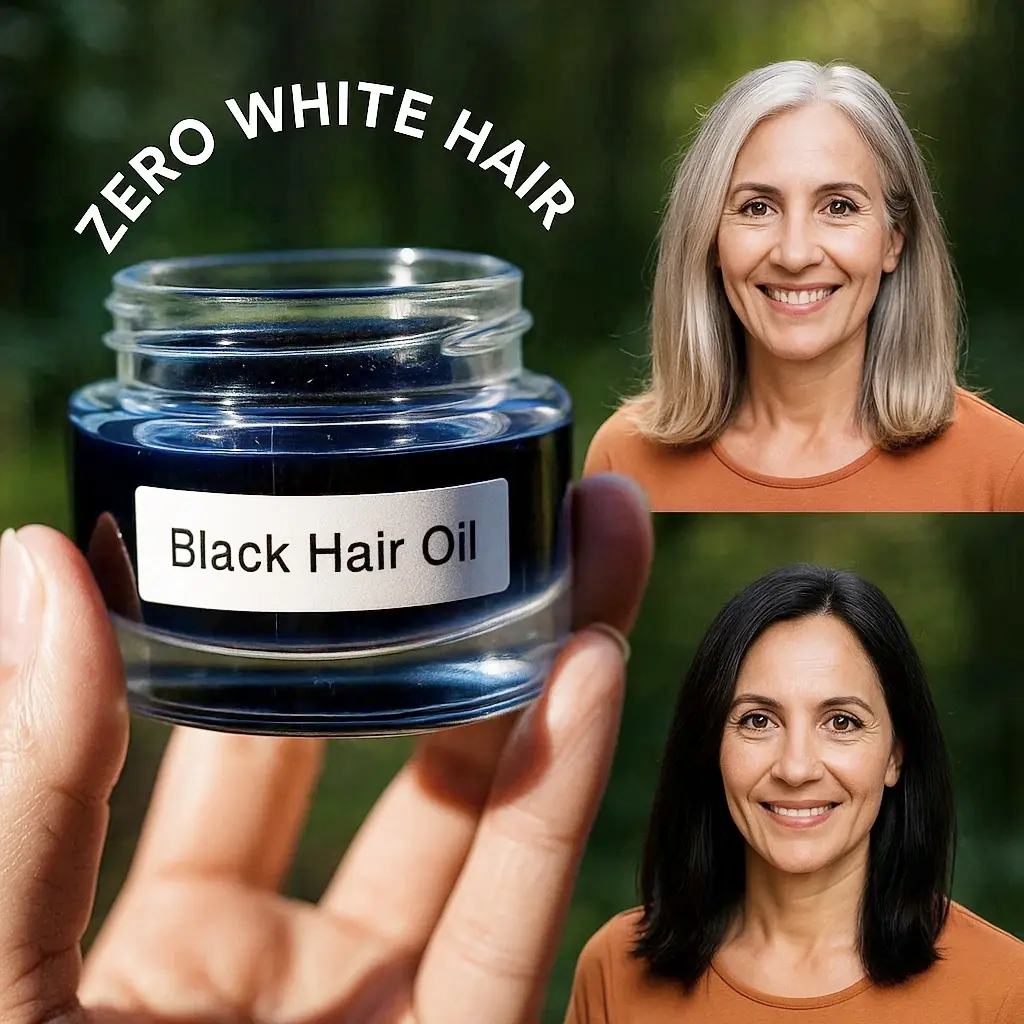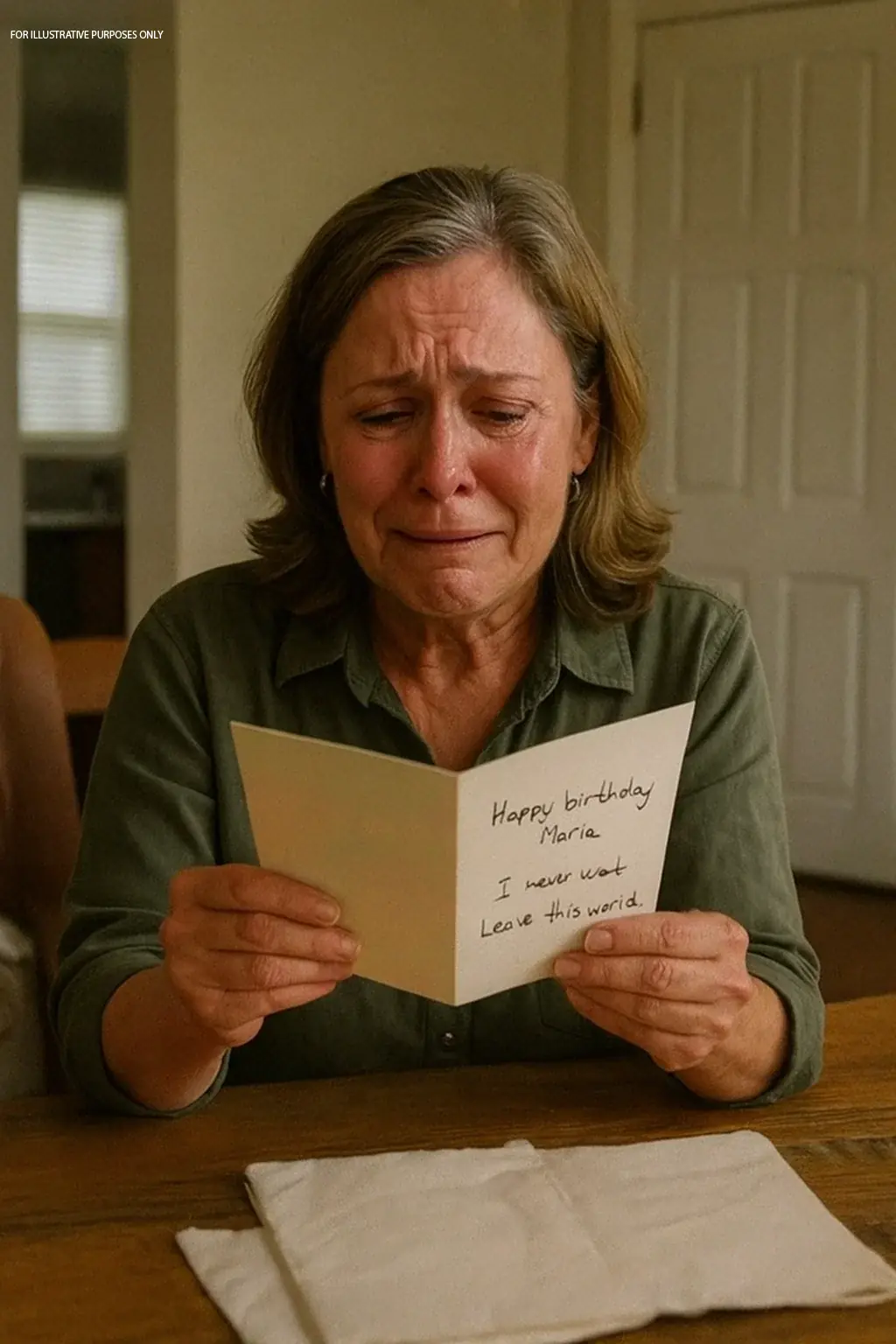It’s normal to lose a few strands of hair in the shower or to spot some on your pillow—hair shedding is a natural process. But if your hairbrush starts looking like it’s been through a wild storm or your part looks noticeably wider than before, this may not just be typical shedding or the result of a bad hair care routine. Sometimes, thinning hair can signal a deeper issue within your body.
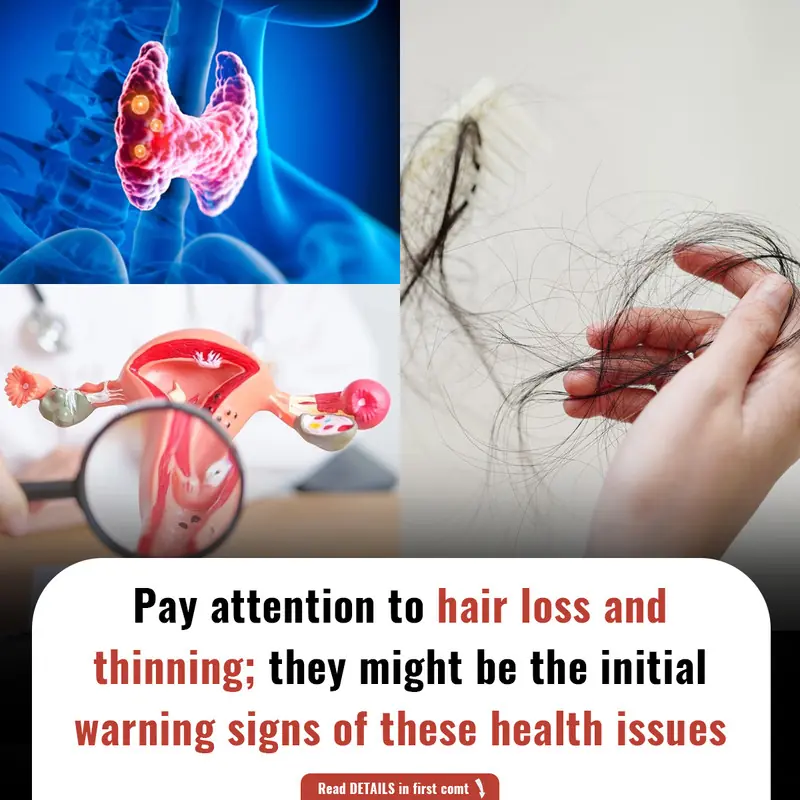
Surprising, right? Your hair is often the first place to show signs of internal imbalances. It’s like an in-built warning system. So, if your thick hair is starting to look a little thinner or patchy, don’t panic—but do take note.
Thyroid Imbalances
If you’re noticing thinning hair and also feel tired all the time, gaining weight inexplicably, or feeling unusually cold—your thyroid might be to blame.
Both hypothyroidism (an underactive thyroid) and hyperthyroidism (an overactive thyroid) can impact your hair health. With hypothyroidism, your body slows down, including the hair growth cycle. This can result in dry, brittle hair that starts thinning, particularly at the crown. With hyperthyroidism, hair becomes fine and breaks easily. In either case, your scalp bears the brunt.
Thyroid issues are extremely common—especially among women—and can often go undiagnosed for years. A simple blood test measuring TSH, T3, and T4 levels can help determine if your thyroid is affecting your hair follicles.
Polycystic Ovary Syndrome (PCOS)
PCOS is a hormonal condition that can create chaos in your ovaries, hormones, and yes—your hair. One of its defining symptoms? Hair thinning on the scalp paired with excess hair growth on the face or body.
PCOS triggers an increase in androgens (male hormones), which shrink hair follicles and shorten the hair growth cycle. If you notice more hair on your chin, less on your scalp, along with irregular periods or acne flare-ups, PCOS could be the cause.
Early detection makes it easier to manage with lifestyle changes, medication, and hormone regulation. Don’t brush it off as just a hair issue.
Iron Deficiency Anemia
Feeling lightheaded, exhausted, and out of breath after climbing a few stairs—and noticing more hair loss than usual? Your iron levels might be the culprit.
Iron is essential for producing hemoglobin, which transports oxygen to body tissues—including your hair follicles. Without enough oxygen, hair growth can slow, leading to excessive hair shedding.
Iron deficiency is especially common in menstruating women, vegetarians, and those who don’t get enough iron-rich foods. Ask your doctor for a ferritin test to check your iron stores. You might just need a supplement or to eat more spinach, lentils, or red meat.
Lupus
Hair thinning might seem like a minor issue, but it can signal the presence of autoimmune diseases like lupus. In lupus, the immune system attacks your own body—including your skin and hair follicles—causing inflammation and hair loss.
The tricky part is that lupus symptoms are often vague: joint pain, fatigue, rashes, and mouth ulcers. But hair loss—especially around the edges of the scalp or in patches—can sometimes be one of the first visible signs.
If you have a family history of autoimmune conditions or suspect something’s off, don’t ignore it. A blood test for ANA (antinuclear antibodies) can be an important first step.
Vitamin D Deficiency
Sunshine might not only help plants grow, but it also aids in hair growth. Vitamin D stimulates hair follicles, so when you're deficient, new hair growth may stall.
Spending more time indoors (thanks, remote work life) has led to a rise in Vitamin D deficiency. It typically shows up as thinning across the entire scalp, not just one spot.
If you’re feeling moody, foggy, or tired, you could be experiencing low Vitamin D. A blood test will confirm it, and a little sunshine or supplementation can make a big difference—for both your energy and hair health.
Telogen Effluvium (TE)
This isn’t a disease, but rather a condition triggered by stress, illness, childbirth, surgery, or even extreme diets. Telogen effluvium causes hair to enter the "resting phase" prematurely, resulting in massive hair shedding a few months after a triggering event.
The frustrating part? You might not make the connection until months later. For example, if you had COVID or experienced a traumatic event three months ago, you might start losing clumps of hair now.
The good news is that TE is often temporary. Once you address your nutrition, stress, and sleep, your hair usually rebounds within 3 to 6 months. But it’s a sign that your body has been through something, and recovery is essential.
Diabetes
Yes, even diabetes can affect your hair.
High blood sugar can damage blood vessels over time, including those that supply nutrients to your hair follicles. Poor circulation means less nourishment for your follicles, leading to thinning hair. Diabetes also causes hormonal imbalances and affects the immune system, both of which impact hair growth.
If you're constantly thirsty, urinating frequently, feeling fatigued, or experiencing blurry vision, don't ignore these signs. Hair loss could be a red flag signaling the need for a check-up.
So, what should you do if you’re losing hair?
First, don’t panic. A little hair loss is normal. But if you're shedding more than usual—whether on your brush, in the shower, or while running your fingers through your hair—it’s worth investigating.
Track your symptoms. Are you feeling tired, stressed, or foggy? That’s your clue. While topical treatments like minoxidil might help with hair loss, they won’t address the root cause.
Consult a doctor or dermatologist, and request blood tests to check your thyroid, iron, Vitamin D, hormones, and blood sugar. You might be surprised by what shows up.
Because hair loss isn’t always due to aging or a poor shampoo routine—it could be your body’s way of sending a distress signal. The sooner you pay attention, the easier it will be to restore both your health and your hair.
Disclaimer:
This article is intended for informational purposes only and should not be considered a substitute for professional medical advice, diagnosis, or treatment. Always consult a healthcare provider for medical concerns. While every effort has been made to ensure accuracy, individual health issues are unique, and hair loss can have various causes beyond those listed. Do not disregard medical symptoms or delay seeking care based on online information.
